A Counter-Strike 2 tournament featured a level based in the Russian capital’s public transport system
A Russian video-game industry organization has called for an investigation after a terrorism-themed multiplayer tournament featuring a level based in a Moscow metro station.
The custom-made map was reportedly commissioned by the transport department in Moscow, and served as a key feature of the Counter-Strike 2 tournament, which took place last weekend under the patronage of the city administration. The fictional location used visuals modeled on real-life public services, including Moscow’s electric buses, metro interiors, and navigation aids.
The details also included some tongue-in-cheek jokes for the audience. One direction sign pointed to stairs leading to a memorial park dedicated to a man, whose family name roughly translates to “One-Who-Shouts-On-In-Anger” – presumably alluding to players who react badly to losing a game.
Another location was named “Old Dedust camping site” – a reference to the de_dust map for the original Counter Strike game and the practice of ‘camping’, or abusing players re-entering the game after being killed near the respawn location.
Read more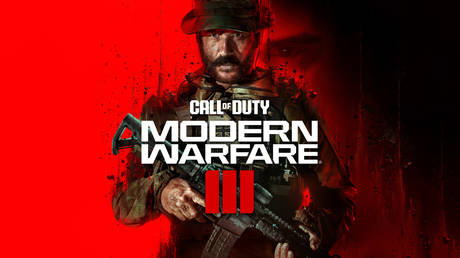 Anti-Russian violence concerns trigger ‘Call of Duty’ boycott threat
Anti-Russian violence concerns trigger ‘Call of Duty’ boycott threat
However, a group called the Organization for the Development of the Gaming Industry, which offers expert opinion on game content, didn’t see the funny side of the map.
According to a complaint filed to the Prosecutor General’s office and the Russian Investigative Committee, the organization believes “it is unacceptable to translate to the young people content, which allows them to try on a terrorist role, amid the rising threat of terrorism.”
The complaint, which was reported by TASS on Wednesday, implied that using familiar visuals of the Moscow public transit system and the stated intention of sharing the map with players worldwide made the situation worse. It claimed that the nature of the fictional ‘Cybersports’ station was revealed only at the tournament, even though the transport department had extensively used it to promote the event.
Russia has suffered from a number of terrorist attacks in modern times, including deadly bombings of the Moscow metro in 1996, 2000, 2004, and 2010.
Russian authorities have previously targeted video games that they accused of encouraging terrorism, such as the infamous ‘No Russian’ mission in the 2009 shooter ‘Call of Duty: Modern Warfare 2’.
READ MORE: Russia could regulate video game ‘currencies’
That mission saw players take control of a CIA undercover agent and participate in the massacre of civilians at a Moscow airport to gain the trust of a terrorist organization that he was seeking to infiltrate. The player is not forced to kill non-combatants, but an attempt to prevent the shooting or failure to eliminate responding law enforcement officers aborts the mission.
Publisher Activision withheld this part of the game from the Russian version following an outcry about the content, avoiding a full ban of the game in the country.

 1 year ago
153
1 year ago
153
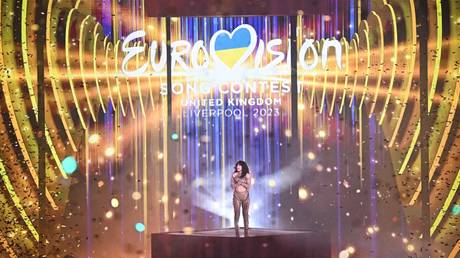
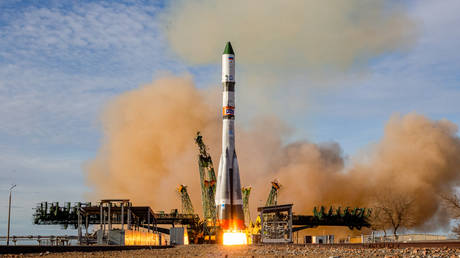
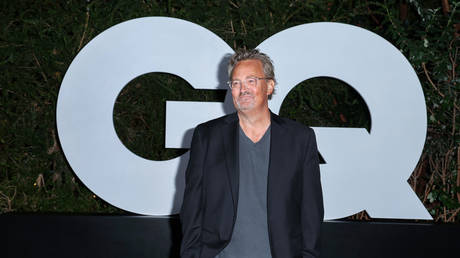
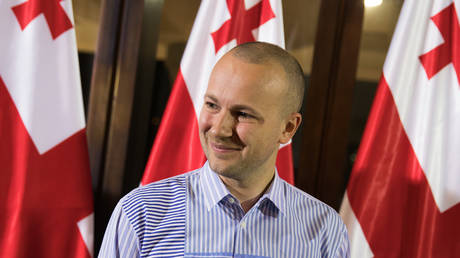
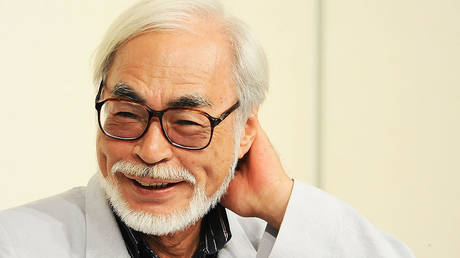
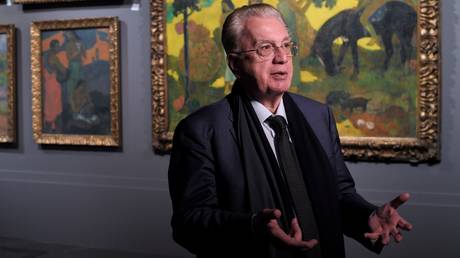
 English (US) ·
English (US) ·